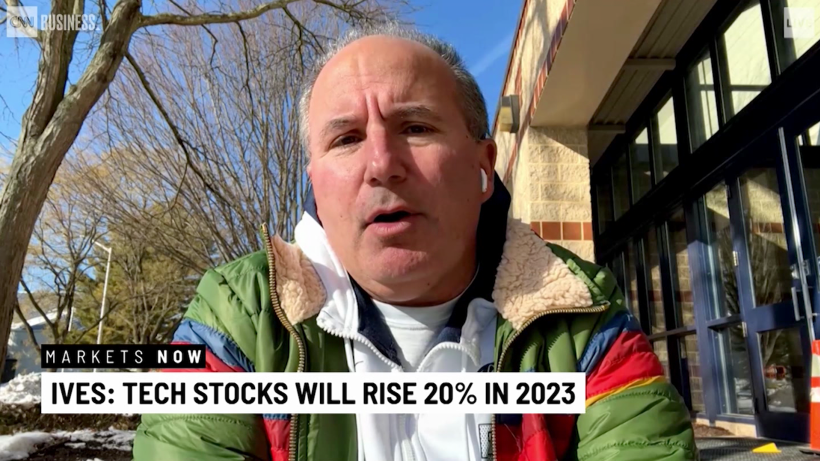The federal financial watchdog Consumer Financial Protection Bureau is moving to roll back parts of a rule meant to protect Americans from predatory payday lenders.
The agency on Wednesday proposed rescinding an underwriting requirement that would force lenders to determine whether a customer is able to pay back loans. It also proposed to push back the date lenders must comply with the rule from this August to November 2020.
The announcement is the first big step by the consumer bureau’s new chief, Kathy Kraninger, and it’s a sign that she’ll carry on some of the efforts started by former acting director Mick Mulvaney to rein in the CFPB’s power.
The consumer bureau first said it would reconsider the payday lending rule under Mulvaney last year.
Mulvaney, who is now serving as White House acting chief of staff, had long been a foe of the CFPB, arguing as a South Carolina congressman that the agency had overstepped the boundaries established when it was created early in the Obama administration.
The consumer bureau said in a statement Wednesday that it was concerned that the underwriting requirement would make it too hard for consumers to access credit. Payday loans offer small amounts of cash and usually needs to be paid back in full whenever the borrower receives their next paycheck.
The banking industry supports the rollback the rule, claiming the burden on lenders to determine borrowers’ ability to repay is overly onerous.
“Allowing banks to operate in this space – subject to sound banking practices – will prevent bank customers from being forced to rely on less regulated and more costly sources of funds like online lenders, check cashers or pawnshops,” said Consumer Bankers Association president and CEO Richard Hunt in a statement.
But consumer groups say that rescinding the underwriting provision would essentially gut the protections offered by the rule.
A 2013 report completed by the Consumer Financial Protection Bureau found that payday loans can come with fees that amount to an annual percentage rate of more than 300%.
“What’s in place now is a moderate response to an abusive industry. But this industry doesn’t want moderate consumer protections. It wants none at all,” said Linda Jun, senior policy counsel at Americans for Financial Reform.
Kraninger, who was confirmed as director of the bureau late last year, hasn’t stuck by all of Mulvaney’s decisions. In January, she reversed his efforts to change the agency’s name to the Bureau of Consumer Financial Protection, the language used in its statute. Kraninger said the name change would be too costly to see through.
The bureau will accept comments on postponing the payday loan rule for 30 days and, separately, on rescinding the underwriting requirement for 90 days before making a decision.
“In the meantime, I look forward to working with fellow state and federal regulators to enforce the law against bad actors and encourage robust market competition to improve access, quality, and cost of credit for consumers,” Kraninger said.

















